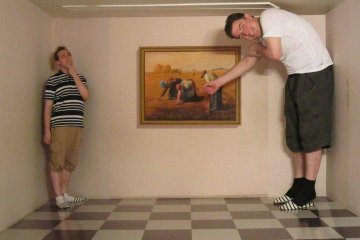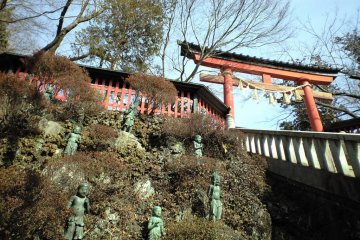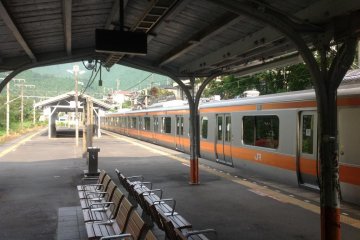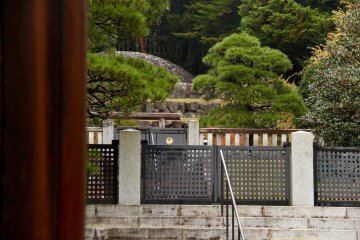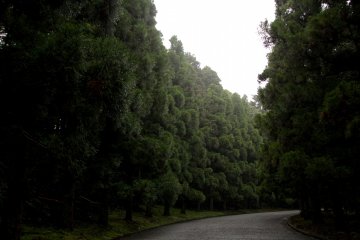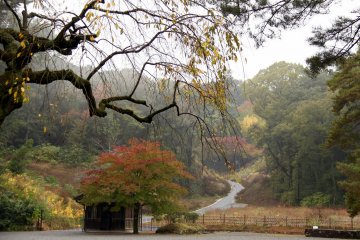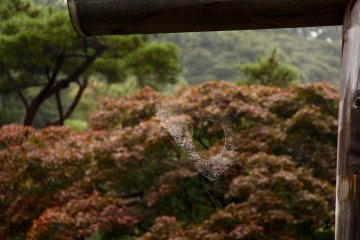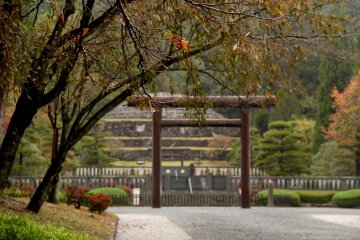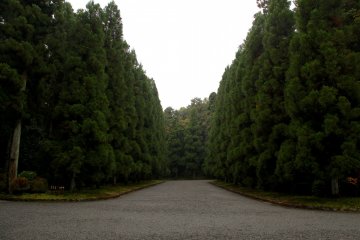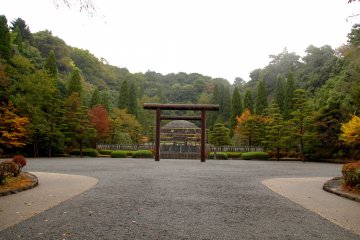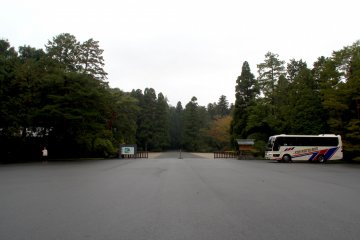In the far western suburbs of Tokyo, you'll find the Musashi Imperial Graveyard. It's a fairly large park containing four graves of two emperors: Emperor Taisho and his wife Empress Teimei, and Emperor Showa and his wife Empress Kojun. The graves are huge and beautifully surrounded by nature.
Emperor Taisho
Born on August 31, 1879; died December 25, 1926
The emperor was born with weak health since he was suffering from cerebral meningitis. This had a great influence in his future life as an emperor, and he would not appear often in public. In December 1926 it was announced he had pneumonia, and later that month he would die of a heart attack. His funeral was very traditional and was held at night. Behind a 4-mile long cortege, 20,000 mourners followed a herd of sacred bulls and an ox-drawn cart in which the imperial coffin was transported. The entire route was lit with fires in iron lanterns ending at the Musashi Imperial Graveyard. Emperor Taisho was the father of Emperor Showa and is buried next to him.
Emperor Showa
Born on April 29, 1901; died January 7, 1989
The funeral ceremony started at the Imperial Palace, from which a black motor hearse carried the coffin through Tokyo. This route was lined by 800,000 spectators as well as 32,000 police to prevent terrorist attacks. At Shinjuku Gyoen Park a special building was erected, called a Sojoden, made out of Japanese cypress wood and bamboo. Here a ceremony took place with the official guests. The official guests had to sit outside in white tents and since it was a cold February day, they used chemical hand-warmers and wool blankets to keep themselves warm during the three-hour ceremony.
After this ceremony, Showa’s coffin was taken to its final destination, the Musashi Imperial Graveyard. Different from his father’s funeral in 1927, where the procession took 3 hours, the trip now was made by the motor hearse, and took only 40 minutes. Then several ceremonies followed until the emperor was buried in his last resting place.
The graveyard can be found near Takao station on the JR Chuo Line. Head north from the exit, cross the small river bridge and take the first turn east. Follow this road until you reach the train tracks and pass underneath. After this it’s just one road, but maps along the route will help you reach the graveyard.



